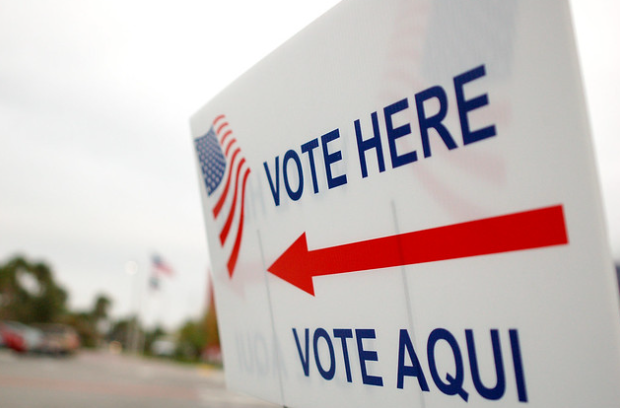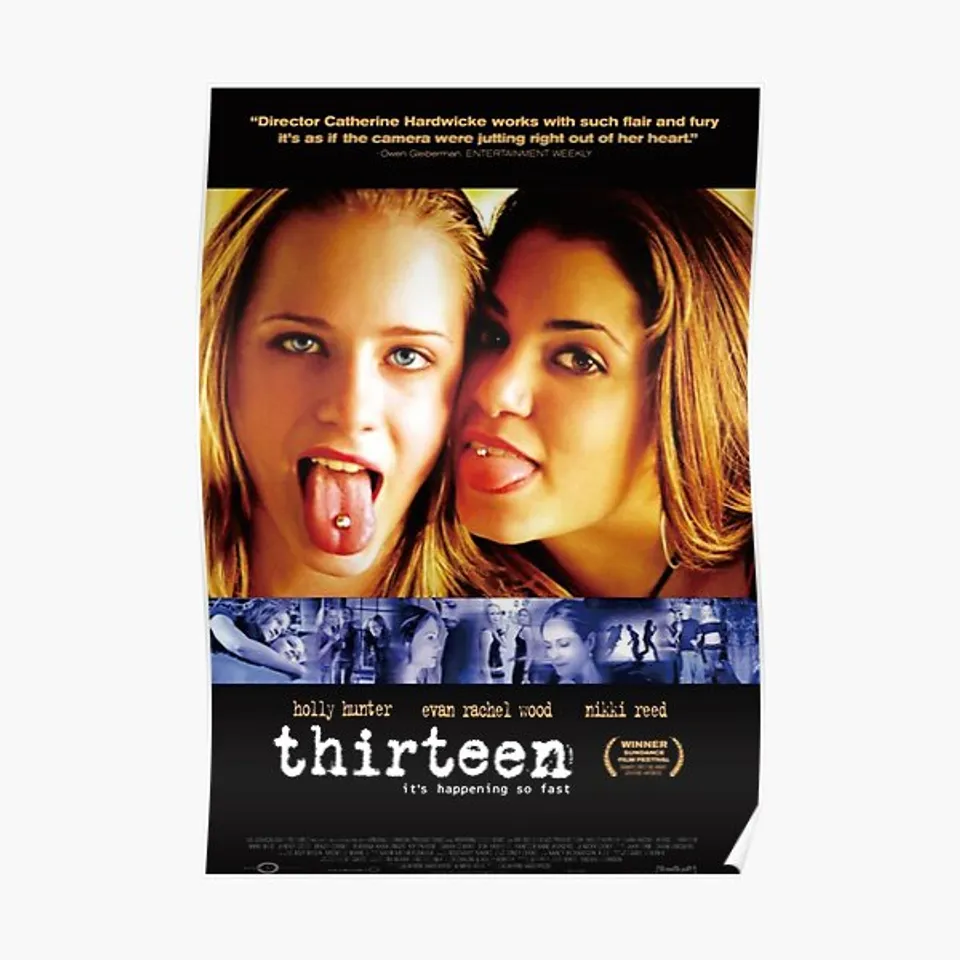Pink Collar Ghetto
Moving Through History Series
Every choice made has consequences. For better or worse. Despite the consequences, lots of people disagree with the way society is going and end up saying something. That’s how movements start.
Picture it; it’s the 1970’s, you’re a middle-class woman and you just got your paycheck. Originally, you don’t notice the amount over your excitement. However, now you notice that your payment amount is still the same, despite the fact that you’ve been working there for years. You think to yourself, “What’s the deal? I am a hard working member of this workforce and yet I’m underpaid?” After consulting with some of your female colleagues and friends, you come to the realization you are not alone.
The rights of women have always been overlooked. And the Pink Collar Ghetto was a saying quite similar to that of the #MeToo movement. It referred to the jobs that women were allotted to work at, in comparison to the “blue collar” jobs that the men held.
In the 70’s, women were just beginning to get jobs, however, the jobs that require little to no education. The jobs held no power within them and were fairly manual jobs. Not only that, but the pay difference between men and women wasn’t small. The women were furious, and rightfully so.
In their struggle for equality, they protested and made a difference. An example of one of the protests was on August twenty-sixth of 1970, on the fiftieth anniversary of the Women’s Suffrage, when a demonstration was held nationwide for Women’s Strike for Equality by the organization NOW (National Organization for Women). All women stopped working when Betty Friedan, the president of NOW at the time, called upon them. In some places, like in NYC, tens of thousands marched down Fifth Avenue.
In today’s society, the paychecks are higher and reflect their hard work better. Nevertheless, there is still a large economic gap, and people are still fighting to change it.
The first women of the 70’s to speak up on the economic gap between men and women, encouraged women today to continue to speak up and make changes towards the inequality. If women continue to speak up about their rights and the need for equality, then I can only imagine the change that will be evident in future years.

Micaela Gaither is embarking on her Senior year at FGHS, with multiple APs and her first year as Editor-In-Chief of the Advocate. When the time arises,...
















































































































































